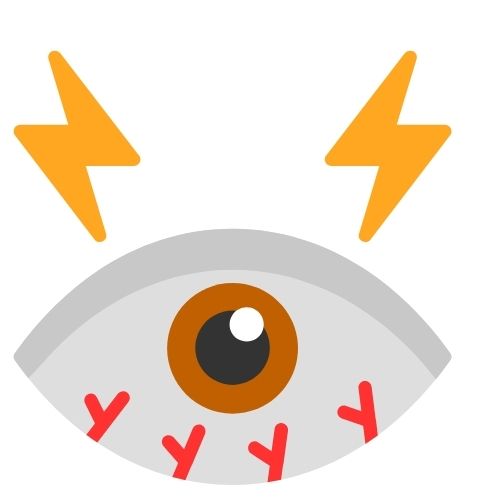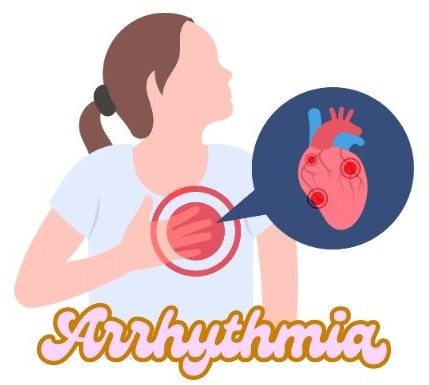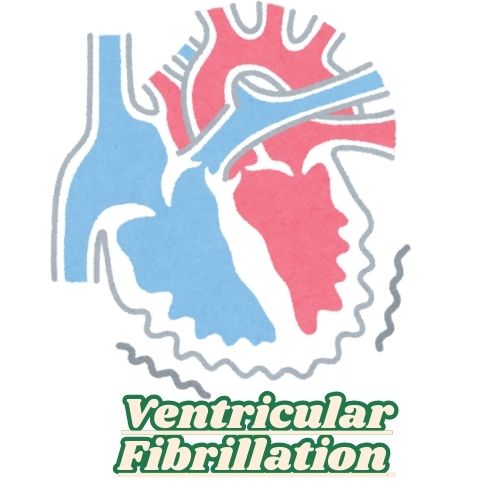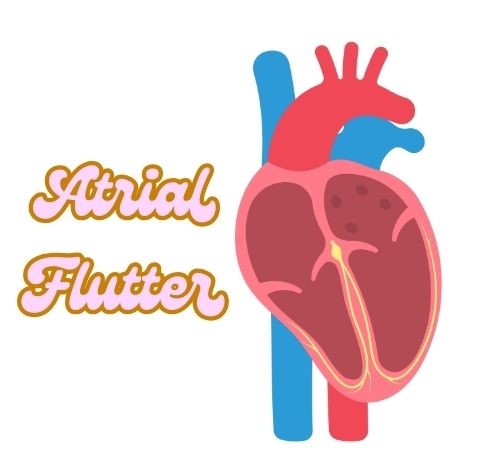Hair Health: Essential Tips for Vibrant and Strong Strands
Hair health is a vital aspect of overall wellness that often reflects a person’s nutritional status, lifestyle choices, and genetics. From the scalp to the tips of the strands, maintaining healthy hair requires attention to various factors, including diet, hair care routines, and external influences. This article delves into the components of hair health, common … Read more










